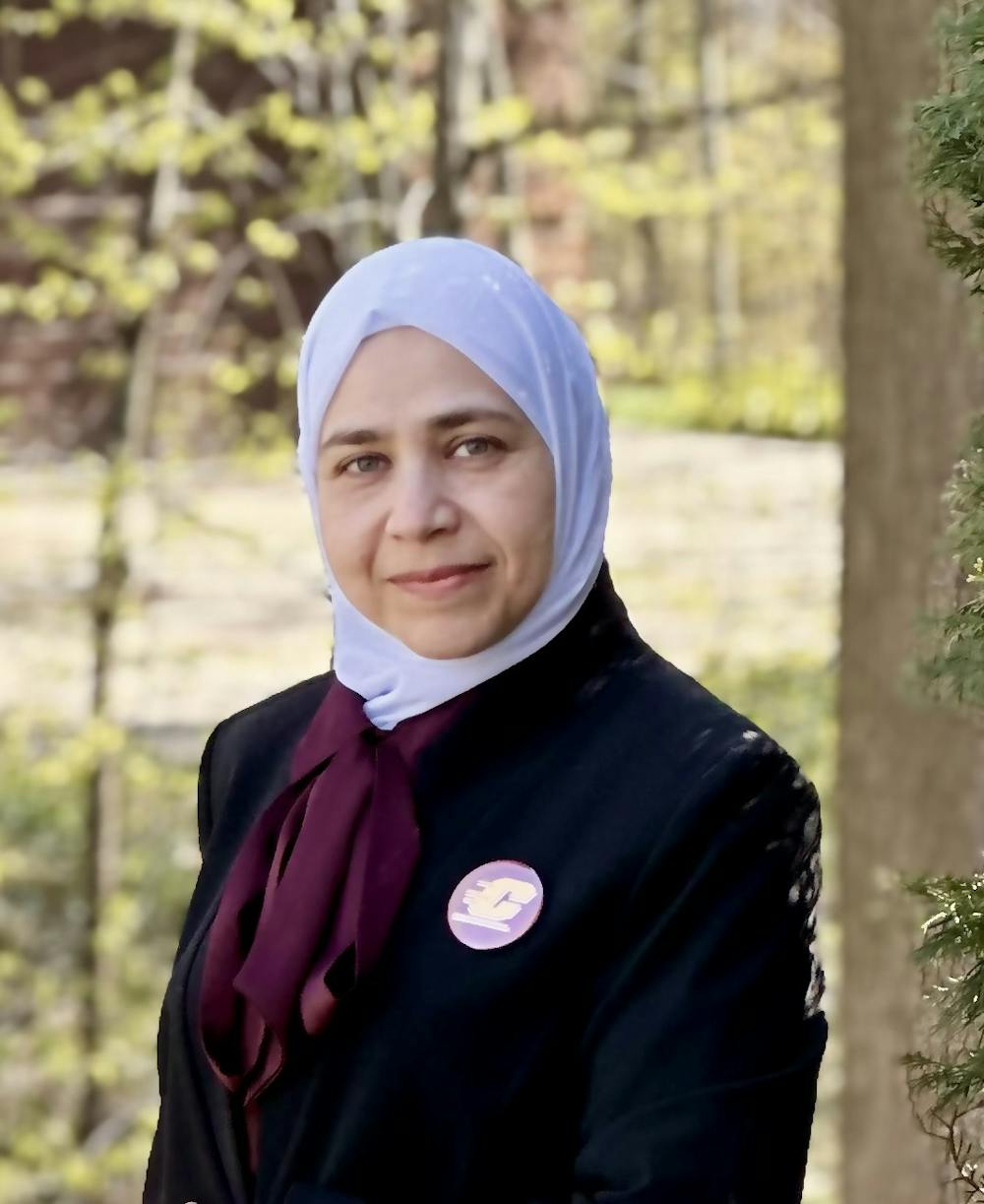MS NEWS GUEST COLUMN: Facts and Tips for Educators, Counselors and Healthcare Providers of Fasting Kids During Ramadan
Multicultural Student Newsletter
By Rawia Khasawneh, Ph.D, RDN
The Nutrition and Dietetics Program
Ramadan fasting is a religious ritual in the Islamic faith. It's a form of dry intermittent fasting that extends from dawn to sunset over Ramadan, the 9th month in the Arabic lunar calendar. While many resources discuss Ramadan fasting for adults, children's needs are frequently overlooked.
Since the Arab American Heritage Month started during Ramadan this year, the following facts and tips are important for educators, counselors, and healthcare providers dealing with fasting kids during Ramadan, aiming to contribute to Central Michigan University students' preparation to be culturally competent professionals.
Kids may not be required to fast, but choosing to do so:
While kids are required to fast only after puberty, they typically start practicing Ramadan fasting much earlier. Kids start copying their parents and older siblings at a young age and may get offended if told they are too little to try. Typically, kids are not forced to fast, but they are glad to know they're allowed to try and will take pride in their ability to be steadfast. Besides the spiritual value of appreciating the blessings that are otherwise taken for granted, Ramadan fasting offers self-control training. It helps transition the kids from instinct-driven actions to mind-controlled actions, even in necessities like food and water. Completing the fasting experience is emotionally rewarding for kids; it boosts their self-esteem and makes them feel competent and capable of taking on a tough challenge. The concept is like the motives that drive kids to take on other challenging encounters; consider the example of the dangerous TikTok challenges that went viral among kids and teens in recent years and resulted in some catastrophic instances.
Don't make assumptions; open a dialog with the parents.
The age at which kids complete Ramadan fasting varies, but they are generally expected to do that before they start high school. Young children are frequently offered age-appropriate small fasting goals that transition as they grow. Therefore, teachers or care providers of little children claiming to be fasting are advised to get clarification from the parents and refrain from making assumptions. It could be confusing to see a child refusing the afternoon snack due to fasting after eating in the lunchroom earlier. That child could be fasting only a few hours from lunch to sunset. Older children and teens may need much more support during that time. Educators, counselors, and care providers dealing with kids of all ages are encouraged to open corridors of dialog with kids and their parents during Ramadan to better understand the support these kids need.
Kids may not lose weight during Ramadan but watch out for dehydration.
While the idea that Ramadan fasting causes weight loss is inevitable, it's not always true. Some people lose weight, others gain or see no weight change. The outcome depends on the food choices during the feeding hours. Proper meal planning to ensure that kids meet their growth needs is vital. Dieticians and care providers should focus on helping kids meet their caloric, protein, and fluid needs and avoid indulging in empty calories. Multivitamin supplements are warranted when kids' ability to meet their micronutrient needs is questionable. The most significant concern for fasting minors is hydration, and dehydration fears are more critical when Ramadan comes in summer since the fasting period is extended and the temperature is higher.
Instead of empathy, offer fasting kids a room to share their experiences.
There is no need to protect fasting kids from exposure to food or other kids eating. Eating in the presence of a fasting person is not considered hurtful or disrespectful. However, considering the fasting kid in the classroom when the teacher plans parties or extra treats is thoughtful. Remember that kids usually want to fast, despite the difficulty, and feel proud of their achievements. It would be an excellent support for the fasting kids to offer them a chance to share their experiences. This would help them feel recognized and enhance their sense of belonging.
If you notice an adverse health effect on the child, inform the parents immediately.
According to Islamic rules, individuals whose health is adversely affected are discouraged from fasting. That advertently applies to minors needing extra attention and assistance making health-related decisions. Suppose a teacher or a healthcare provider recognizes signs of adverse effects on a fasting child, especially regarding dehydration. In that case, parents should be contacted to convince their child to break their fast that day.
Be mindful and considerate:
Ramadan's experience requires changing the daily schedule. Fasting kids wake up earlier to eat their first meal at dawn and stay up late to get adequate food and fluids after sunset. This could make them feel sleepy in the afternoon hours. Teachers may not notice differences in their performance in morning classes, but they need to be mindful about giving tests and judging their participation in the afternoon. Other needed accommodations include extending homework deadlines, excusing kids from participating in physical activities that drain their energy and make them dehydrate and offering them an alternative space to spend lunchtime outside the cafeteria.







